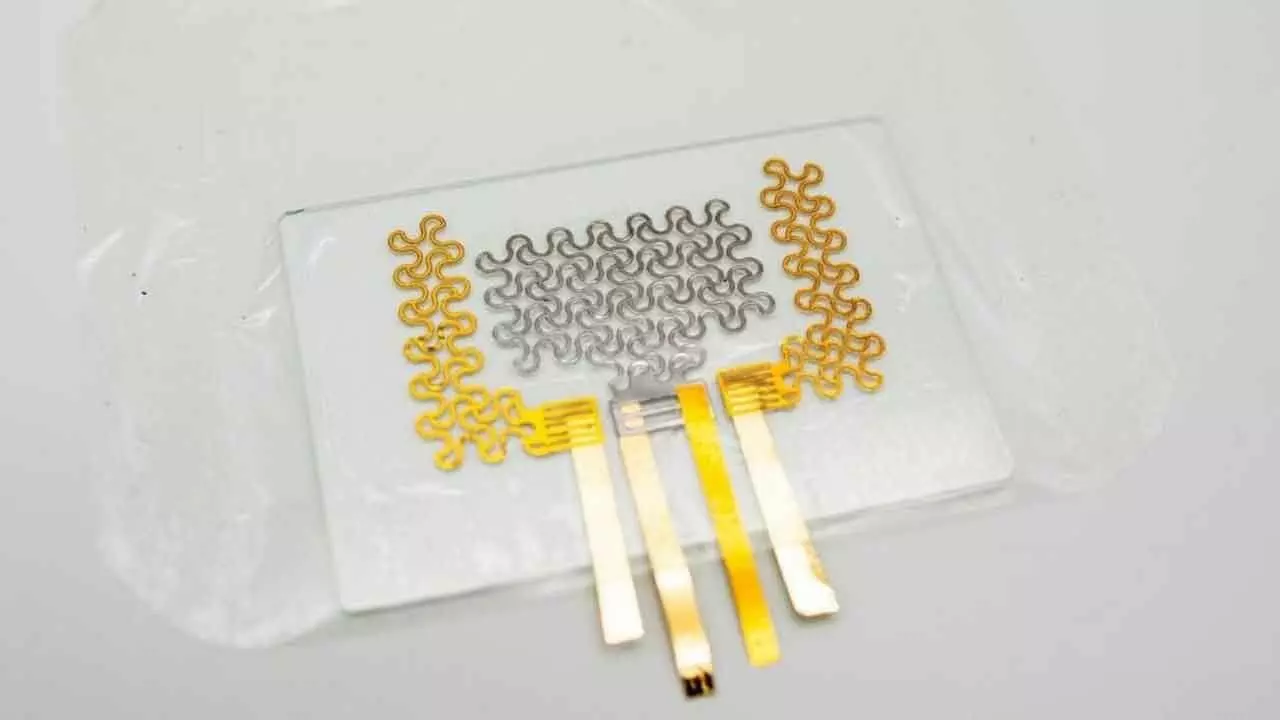Wearable heart sound devices represent key shift in cardiac care

New Delhi: Wearable heart sound devices represent a groundbreaking shift in cardiac care, offering continuous, non-invasive monitoring with the potential to revolutionise the prevention, diagnosis, and treatment of cardiovascular conditions, according to a new study.
Cardiovascular diseases remain a global health crisis, spurring an urgent demand for innovative diagnostic tools that enable early detection and effective treatment.
These cutting-edge advancements promise to enhance patient care and outcomes by providing real-time insights into heart health, said researchers from the City University of Hong Kong.
“Our work on wearable heart sound devices marks a significant step forward in the early detection and monitoring of cardiovascular diseases,” said Dr Bee Luan Khoo, Associate Professor at the City University of Hong Kong and a leading researcher in the field.
“These devices have the potential to provide more accurate, real-time cardiac health data, revolutionising the way we manage and understand heart health,” Khoo added.
Traditional tools, such as stethoscopes, have long been valuable for diagnosing cardiac issues but fall short when it comes to continuous monitoring.
Wearable technology emerges as a transformative solution, enabling persistent and real-time tracking of heart sounds. However, challenges such as sensitivity, comfort, and data accuracy still hinder widespread adoption, said the researchers.
These hurdles underscore the necessity of advancing wearable devices to overcome existing limitations and improve cardiovascular health monitoring on a global scale.
The study highlights a transformative journey from traditional stethoscopes to state-of-the-art wearable sensors that enable continuous cardiac activity monitoring. Key innovations include the development of mechanoacoustic sensors with soft, flexible designs that prioritise user comfort while maintaining high sensitivity and specificity.
The research emphasised the importance of advanced materials and optimised design principles in addressing these challenges.
Denoising techniques are also spotlighted as crucial for accurate heart sound analysis, tackling the low-frequency nature of cardiac sounds and their vulnerability to environmental interference.
Notably, the study delved into the clinical applications of these sensors, envisioning a future where personalised healthcare and remote monitoring are seamlessly integrated into cardiovascular disease management.
The findings pave the way for actionable, real-time insights that could significantly enhance patient outcomes and healthcare efficiency.
















